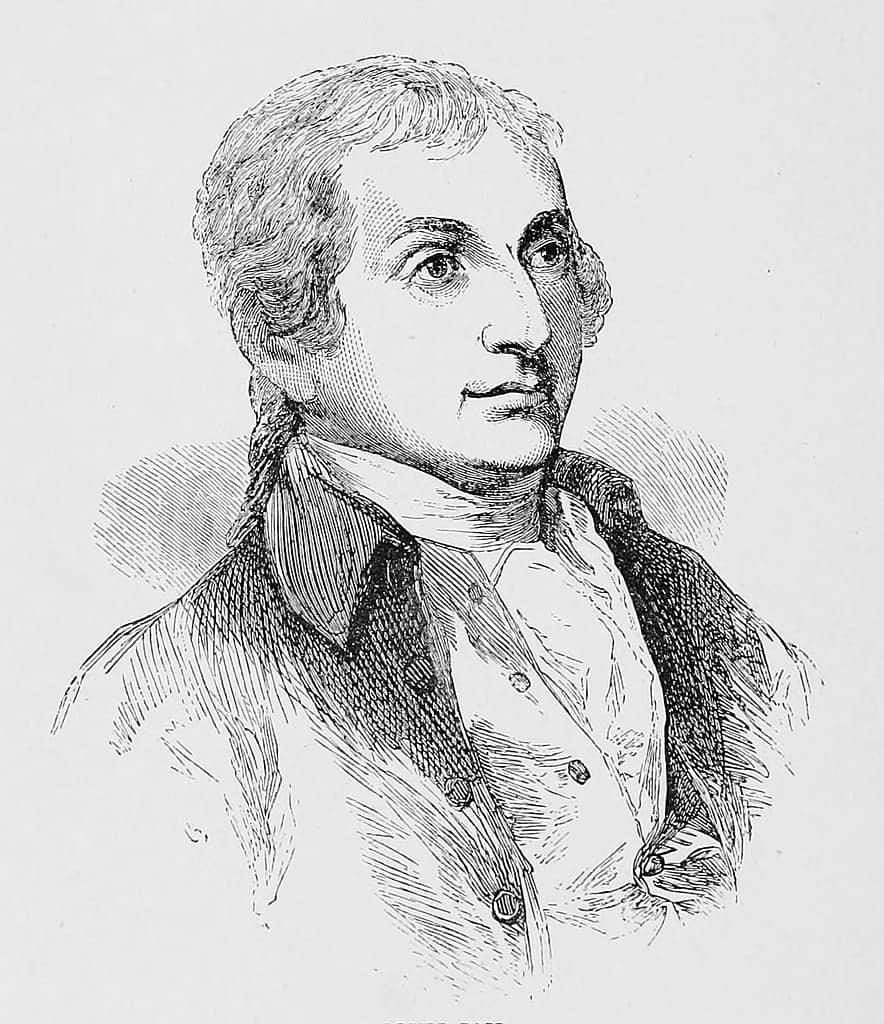
ADVERTISEMENT - CONTINUE READING BELOW
17. John Jay returned for one last essay, Federalist 64 in March 1788
Federalist 64 was published on March 5, 1788. The essay is one of just four which exist in the original, all of which are in Jay’s hand. In Federalist 64, Jay broke with his fellows regarding the role of the Senate in negotiating treaties. While most of the founders believed the Senate was responsible for that role, Jay argued the main power for foreign treaties sat with the Executive Branch, acting with the advice and consent of the Senate. That approval, under the Constitution, required two-thirds of the Senate supporting the treaty. Most interpreted the “advise and consent” entry to give the Senate the power to overturn treaties which did not meet its approval. Jay argued “advise and consent” gave the President leeway to decide when he needed its assistance in negotiating a treaty.
At the time it was written, Jay had more experience negotiating treaties than either Madison or Hamilton. He called on his experience, arguing the Senate represented the states and had less exposure to foreign affairs than the President. Over the course of American history, Presidents have come to rely on executive agreements between heads of state over treaties. Executive agreements allow the President to enter into foreign relationships without dealing with potential political difficulties in the Senate. The process developed early, and since the beginning of the 20th century, such agreements far outnumber formal treaties. Anti-federalists argued against Jay’s stance, and also opined the terms for the Senate, six years rather than a Representative’s two and the President’s four, were excessive. Jay disagreed, and defended the longer terms as essential for legislative experience.

